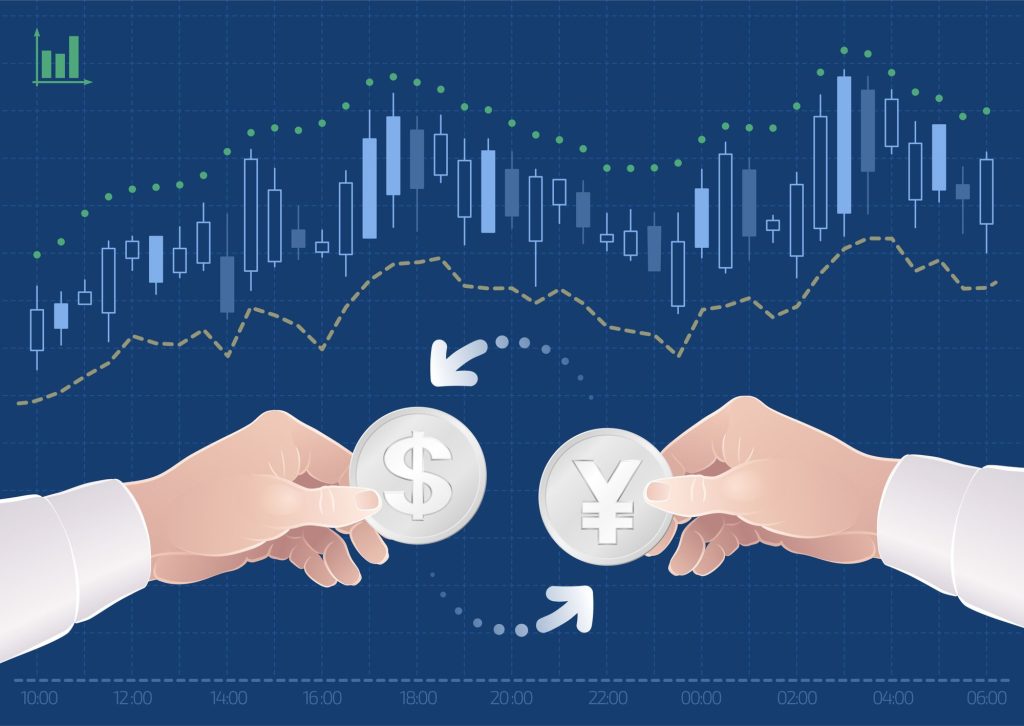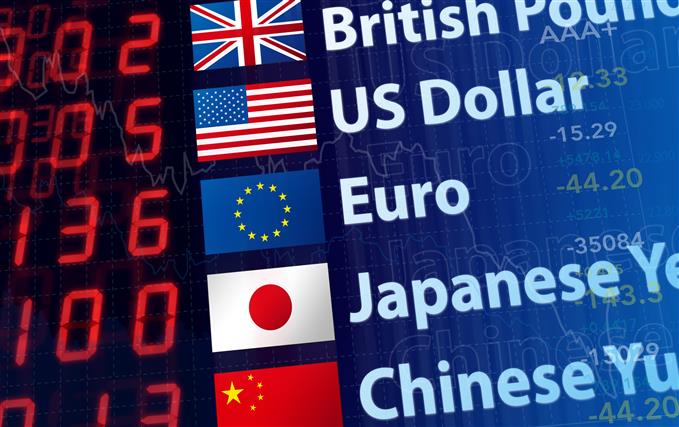The foreign exchange market, also known as the forex or FX market, is a decentralized global marketplace for trading currencies. It is the largest financial market in the world, with daily trading volumes exceeding $5 trillion. In this article, we will explore the basics of the foreign exchange market, including its history, structure, participants, and factors that influence currency prices.
History of the Foreign Exchange Market
The origins of the foreign exchange market can be traced back to ancient times when traders exchanged coins from different countries to facilitate international trade. However, the modern forex market as we know it today began to take shape in the early 1970s when major countries decided to abandon the Bretton Woods system, which fixed exchange rates to the US dollar. This led to the adoption of a floating exchange rate system, where currencies were allowed to fluctuate freely based on supply and demand.

Structure of the Foreign Exchange Market
The forex market is a decentralized market, meaning that it does not have a central exchange or clearinghouse. Instead, currency trading is conducted electronically through a network of banks, financial institutions, and individual traders. The forex market operates 24 hours a day, five days a week, starting from the opening of the Sydney market on Monday morning until the close of the New York market on Friday evening.
The forex market is divided into three main categories: the spot market, the forward market, and the futures market. The spot market is the largest and most liquid market, where currencies are bought and sold at current market prices for immediate delivery. The forward market involves the purchase or sale of a currency at a future date at a predetermined price. The futures market is similar to the forward market, but the contracts are traded on a centralized exchange, and the settlement is made at a future date.
Participants in the Foreign Exchange Market
The forex market has a wide range of participants, including central banks, commercial banks, hedge funds, investment firms, corporations, and individual traders. Central banks play a crucial role in the forex market by managing their country’s monetary policy and influencing the supply and demand for their currency. Commercial banks act as intermediaries between buyers and sellers and provide liquidity to the market. Hedge funds and investment firms are major players in the forex market, as they use it to hedge their investments and generate profits. Corporations use the forex market to facilitate international trade, while individual traders participate in the market to speculate on currency movements and make profits.
Factors that Influence Currency Prices

The foreign exchange market is highly sensitive to a variety of economic and political factors that can influence currency prices. Some of the most significant factors include:
- Interest Rates: The level of interest rates in a country can affect its currency’s value. Higher interest rates generally lead to a stronger currency, as investors are attracted to higher returns.
- Inflation: The level of inflation can also impact currency values. Higher inflation rates typically lead to a weaker currency, as it reduces the purchasing power of the currency.
- Economic Growth: Economic growth and stability are significant drivers of currency prices. Stronger economic growth usually leads to a stronger currency, while weaker growth can lead to a weaker currency.
- Political and Geopolitical Events: Political instability or geopolitical events can cause significant fluctuations in currency prices. For example, a political crisis in a country can lead to a sharp depreciation of its currency.
Conclusion
In conclusion, the foreign exchange market is a complex and dynamic market that plays a vital role in the global economy. Its decentralized nature and 24-hour trading make it an attractive market for traders around the world. However, the forex market can also be volatile and unpredictable, making it essential for traders to have a sound understanding of the factors that influence currency prices. By staying informed and using proper risk management strategies, traders can capitalize on the opportunities presented
